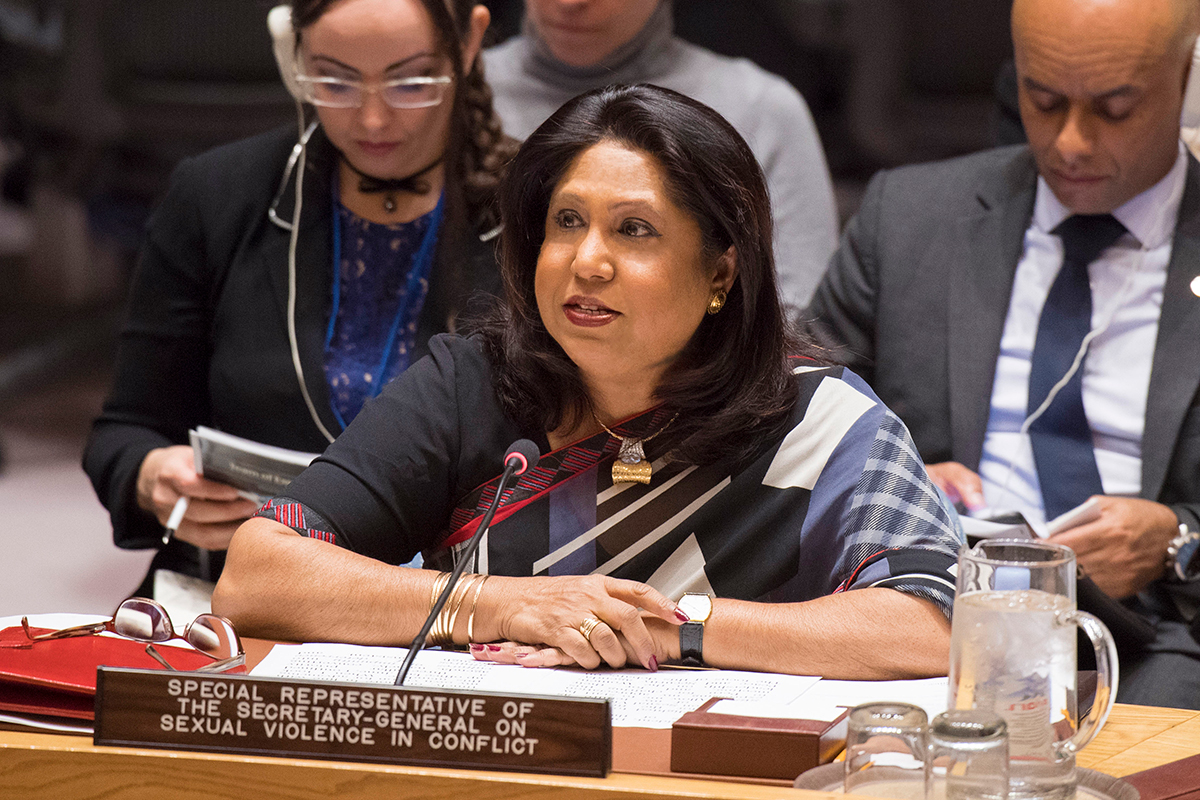The information below is based on the Report of the Secretary-General to the Security Council (S/2021/312) issued on 30 March 2021.
Following the drawdown of the United Nations Operation in Côte d’Ivoire (UNOCI) in 2017 and the removal of Forces armées de Côte d’Ivoire from the list annexed to the report of the Secretary-General published in 2017 (S/2017/249), the United Nations has continued to support the Government to consolidate progress in the prevention of conflict-related sexual violence. My Special Representative supported the deployment of two experts to build the capacity of Forces armées de Côte d’Ivoire, support the Government in implementing its plan of action to combat sexual violence, and bolster its monitoring, analysis and reporting arrangements. In order to prevent the recurrence of sexual violence, in the period from March to August 2020, civil society organizations in collaboration with the National Committee to Combat Conflict-Related Sexual Violence organized training for members of the armed forces, local administrators and community leaders, as well as judicial police officers. The Government has taken steps to create a protective legal environment for survivors, including by removing the requirement that survivors must produce a costly medical certificate in order to file a complaint. The Ministry of Justice and Human Rights appointed a gender focal point, whose role is to ensure the systematic monitoring of cases involving sexual and gender-based violence in the courts. Nevertheless, at the subnational level, some women peacebuilders were targeted with intimidation, including physical and sexual violence.
Recommendation
I call upon the governments of countries undergoing post-conflict transitional justice processes to ensure concrete measures are taken to deliver accountability, award reparations and provide redress for conflict-related sexual violence, avoiding amnesty or impunity for these grave international crimes. I encourage these governments to consult survivors in the design and delivery of transitional justice processes, in line with a survivor-centred approach, and to ensure that past perpetrators are removed from national institutions through credible vetting procedures.
